Many American families gather during Thanksgiving to share a meal and express gratitude for each other and for what life has provided—including their pets. But, you may easily forget about your pets when you are busy preparing for guests or entertaining them in your home. Left to their own devices, pets may encounter holiday hazards, such as toxic foods or dangerous decor. The Safe Harbor Animal Hospital team wants to ensure pet owners can count their pet’s safety in their gratitude lists, so here are some tips to avoid a Thanksgiving pet mishap this year.
#1: Avoid sharing the Thanksgiving meal with your pets
Thanksgiving foods can be dangerous for pets in several ways and cause serious harm. Determining which foods are pet-safe is not always easy, so you should avoid feeding any human food or table scraps to your pet. If you want them to share in the meal festivities, you can cook them their own version of the Thanksgiving dinner—small amounts of skinless, lean, white turkey meat and root vegetables cooked without any butter, oil, or spices.
Thanksgiving food dangers include:
- Toxic foods — Toxic foods include onions, garlic, raisins, macadamia nuts, chocolate, and xylitol (i.e., a sugar alcohol used as an artificial sweetener). Call the ASPCA Animal Poison Control Center or Pet Poison Helpline if your pet consumes toxic food.
- Fatty foods — Fatty foods, such as turkey skin or gravy, can cause painful pancreatitis in dogs.
- Indigestible foods — Indigestible items, such as cooked bones or corn cobs, can cause life-threatening intestinal obstruction or perforation.
#2: Watch pets closely around the exits
Pets can slip through the front door as people come and go from the Thanksgiving gathering, so block off exits with gates or pet fences, or keep pets in another area entirely to prevent them from escaping and becoming lost. Your pet should wear their collar and ID tag with your current information during the party to help ensure that they will be returned to you should they be lost and found. Also, consider the more permanent option of microchipping. A veterinarian can implant a microchip under your pet’s skin during an outpatient visit and provide your pet with life-long identification that cannot fall off or become unreadable.
#3: Consider pet safety and health during travel
Plan ahead if you are traveling with your pet this year. You’ll need a veterinary health certificate if you are crossing state lines, which is especially important for air travel. Schedule a visit with us at least a few weeks in advance to ensure you don’t have to deal with a time crunch. If you’re traveling by car, keep your pet safely contained while you drive with a seat belt, car seat, or crate system, not only to prevent driver distraction but also to reduce the chances of serious injury in an accident.
#4: Choose pet-safe table decorations
Some holiday plants you may unknowingly include in your table decorations are harmful to pets. For example, mums, which are considered the most popular fall flower, are toxic to dogs and cats and can cause vomiting, diarrhea, hypersalivation, incoordination, and dermatitis. Consult the ASPCA list of toxic and non-toxic plants to create a safe tablescape, or use faux decor, which has the added advantage of eco-friendliness and reusability. Also, be aware that some curious pets may chew on or knock over decorative items such as candles or cords when they investigate. Consider your pet’s personality before you place your decorative items.
#5: Provide a quiet zone for anxious pets
Changes in their daily routine and visitors to your home can be stressful for many pets, including those who are normally outgoing and social, and they may lash out at guests or family members. Most pets will benefit from a quiet, safe retreat when they feel overwhelmed. Set up a space off the beaten path where your pet normally spends some time, such as a bedroom or den. Use soft, comfy bedding, classical music, pheromone sprays, and calming vests to create the most zen feeling possible. For ultra-anxious pets, speak with our team ahead of time about anxiety-reducing drugs, supplements, and techniques.
Planning ahead for the Thanksgiving holiday can help you avoid a pet emergency, injury, illness, or escape, so everyone can enjoy their day together. Call or go online to schedule a pre-holiday pet visit, microchipping, or anxiety consultation with the Safe Harbor Animal Hospital team. If your pet has an emergency after hours, use our after-hours phone support service for immediate advice and assistance.
Learn more about our other area veterinary hospitals, including Mount Pleasant Animal Hospital and Shuler Veterinary Clinic, at our Animal Hospitals of the Lowcountry website.

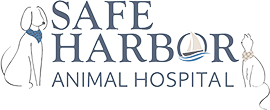
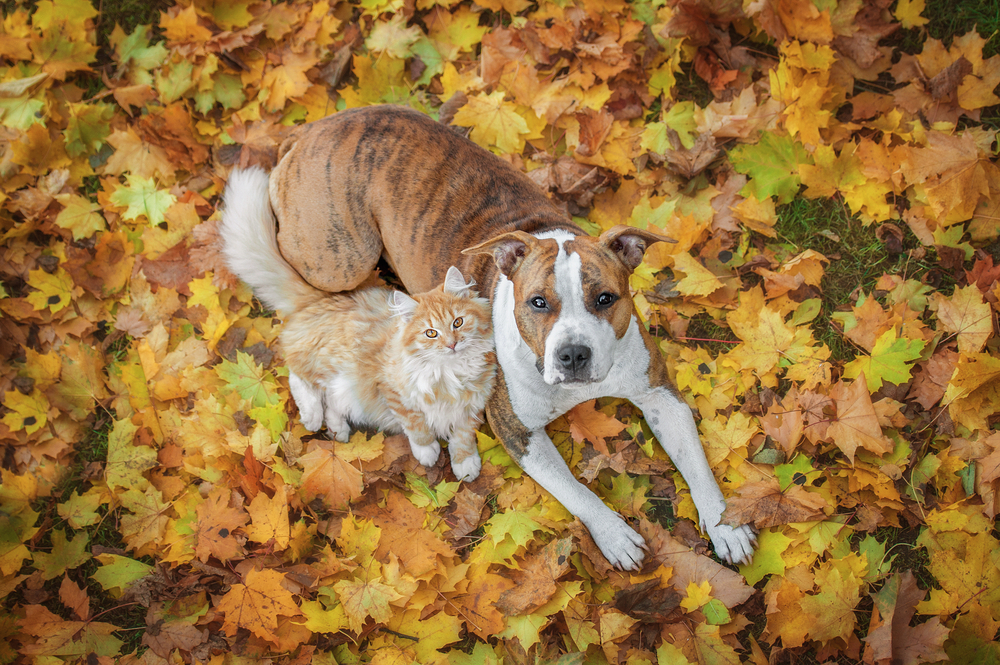
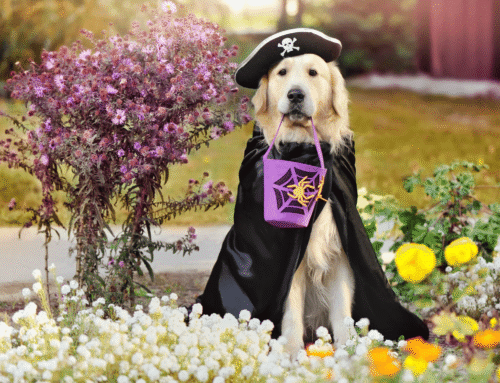
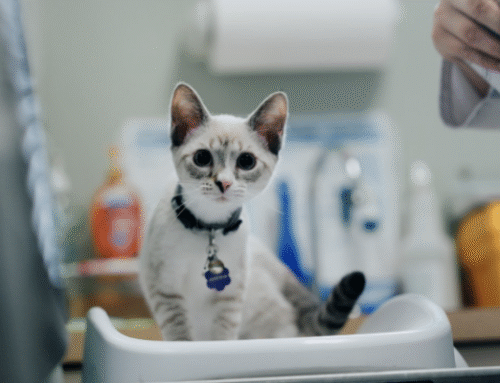
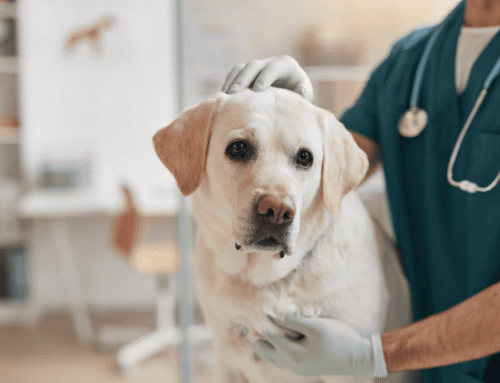



Leave A Comment